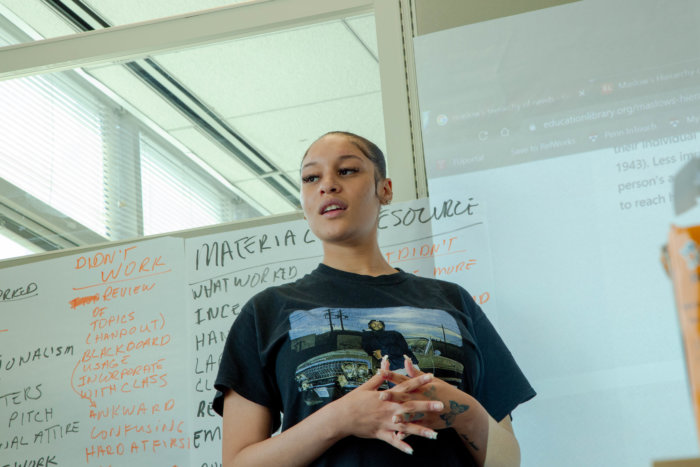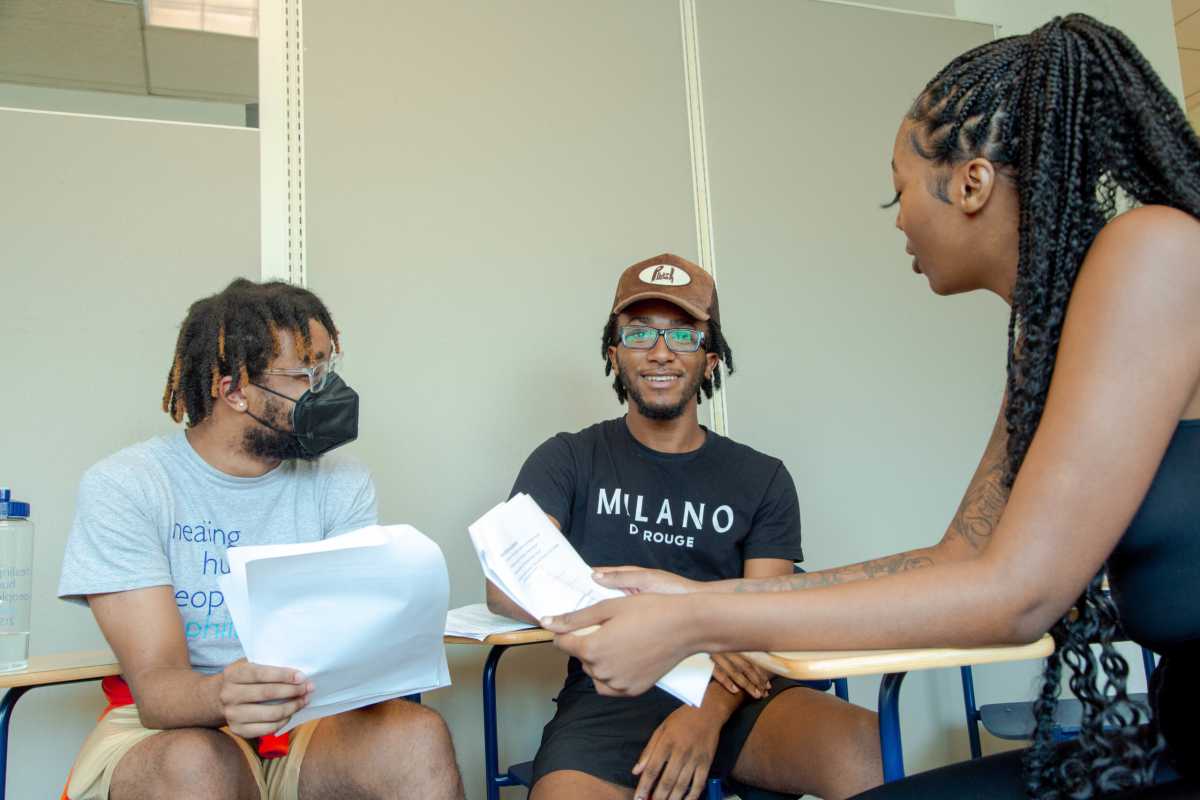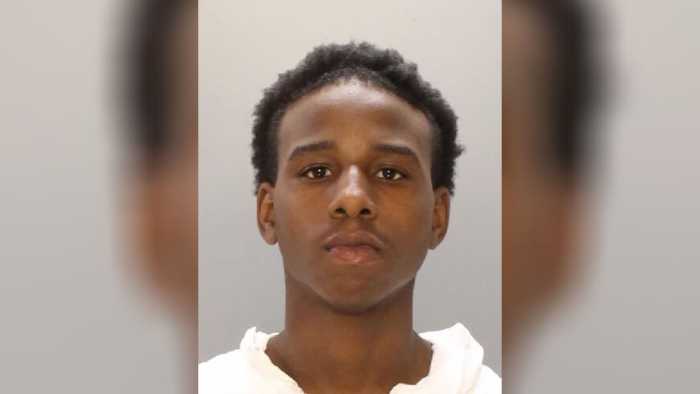Maxwell Lapsley was the person his friends turned to in difficult situations, though he didn’t always know how to help.
But, after completing a free nine-week training program offered by Drexel University, the 20-year-old West Philadelphia resident felt more equipped to deal with those challenging situations.
“It gave me more so a better understanding on how to communicate with other people, understanding that you don’t always need to know the answers in the moment,” Lapsley told Metro.
“And it’s okay to not know as long as you’re giving the other person the space to feel safe, secure, honest and open,” he continued.
The program, known as the Community Health Worker Peer/Certified Peer Specialist Training Academy, is accepting applications until Friday, Aug. 19, for its fall cohort, which will run from October to December.
Fifteen young people between the ages of 18 and 24 will spend seven weeks taking online classes Monday through Friday and then, for the remaining three weeks (the program has been expanded to 10 weeks), they will attend daily in-person courses.
In total, they will receive 165 hours of training.
Trainees are paid up to $200 a week, depending on participation, and receive a Chromebook they can keep after the program concludes.
At the end, they get a community health worker certification and take an exam to earn certification as a peer specialist.
Community health workers are deployed in hospitals, clinics and other settings to help improve care across cultural barriers, and peer specialists use their own experience to help someone else heal from trauma.
The training academy grew out of Drexel’s Healing Hurt People initiative, which provides extra services to victims of violence when they show up to St. Christopher’s Hospital for Children and other medical centers.
Te’Corey Anderson, 21, of West Philadelphia, interned at Drexel’s Community Wellness HUB after completing the training academy in May.
“Even if you don’t want to choose this as a career path, all the skills and tools that they equipped us with, it’s just good life skills to learn because everybody comes across somebody who needs a helping hand,” she said.

Staff provide career counseling, resume advice and help participants parlay the experience into a job or additional education, said Jae Moses, a training specialist who helps run the academy.
“That support doesn’t stop at the end of the program,” added Lisa Kidd, another training specialist.
Lapsley, who graduated from the training academy last year, is currently working with Philadelphia FIGHT, which provides health care and other services to people living with HIV and AIDS.
He said the program really helped him understand the importance of language and listening.
“Words do help a lot. They do heal,” Lapsley said. “Words can have a lot of power and meaning behind them, so being able to express yourself in that way is really impactful.”
Candidates for the academy must live in Philadelphia; have a high school diploma or GED; not be enrolled in college courses for the upcoming semester; possess lived experience of violence (to themselves or someone close to them); and be vaccinated against COVID-19 or agree to get vaccinated by Sept. 9.
For more information or to apply, go to bit.ly/chwp2022.

Metro is one of more than 20 news organizations producing Broke in Philly, a collaborative reporting project on economic mobility. Read more at brokeinphilly.org or follow on Twitter at @BrokeInPhilly.




























